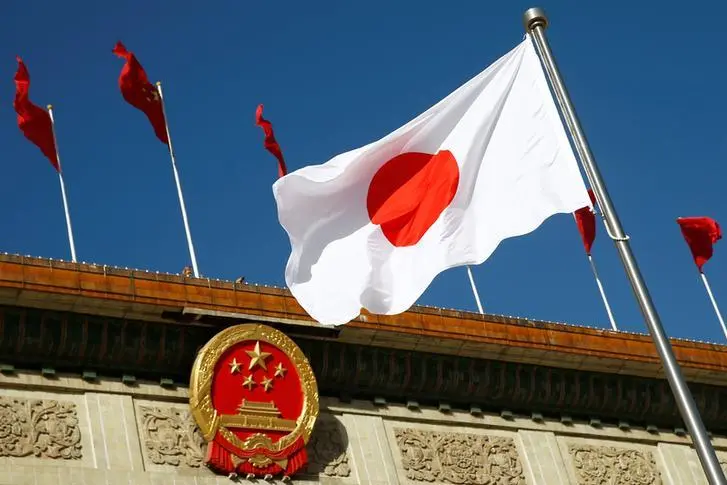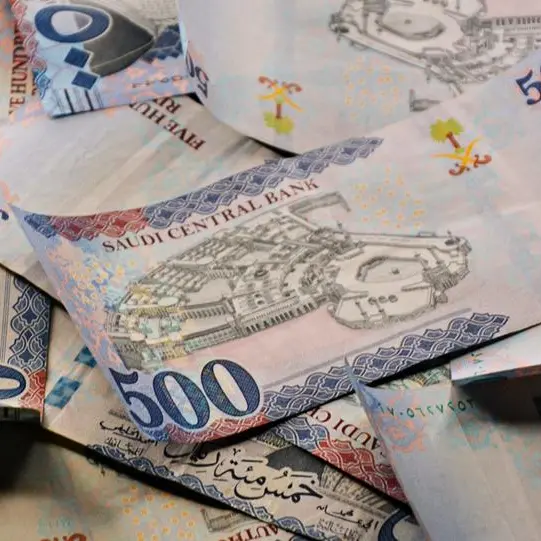PHOTO
Victory over Japan (VJ Day) 75 years ago this month ended the Second World War. While Japan was a major US foe then, today Tokyo’s importance in the Western alliance is of significant and growing strategic importance.
Not only is Japan a longstanding member of Western clubs such as the G7, there is also growing speculation that it could be invited to join the 5 Eyes intelligence alliance of Canada, the US, the UK, Australia and New Zealand.
A key part of the rationale for Japan’s growing geopolitical importance is that, as at the start of the Cold War, it is perceived in the West as a key bulwark against the advance of China and Russia into Asia-Pacific. However, while much emphasis is put on the security pillar of the Japanese-Western alliance, economics is important too.
Since the end of the Second World War, the gradual transformation of Japan’s world role stemmed, in part, from its phenomenal post-war business success, which led to growing calls for it to match its economic power with commitment to international political relations too. It is one of the world’s three largest economies, and it will be critical to rejuvenating global economic growth after the coronavirus pandemic.
Outside of the US, many other Western countries welcome Japan’s invigorated commitment to international trade. Not only did Tokyo sign an agreement with Washington last year, it has also recently committed to a trade agreement with the EU covering about a third of global GDP and almost 650 million people. Moreover, Tokyo was in the vanguard of the Comprehensive and Progressive Agreement for Trans-Pacific Partnership last year with 11 Asia-Pacific and Americas nations which account for about 13 percent of global trade and a combined population of about 500 million.
One of the reasons Europe particularly appreciates Japan’s defense of international trade, and indeed thewider rules-based world order, is the Trump administration’s equivocation on these issues. At the G20 summit in Tokyo last year trade was given a key focus, even though this issue caused much contention between Trump and other world leaders at previous G20 meetings; in Germany in 2018 there was a clash between Chancellor Angela Merkel and the president, with the latter pushing for protectionist language to be inserted into the end-of-summit communiqué.
Beyond these structural factors driving Japanese international policy, Shinzo Abe — now Japan’s longest serving prime minister — has proved adept at consolidating relationships with Western leaders; includingTrump, who during the 2016 election campaign was critical of Tokyo.
Abe spotted this danger and was the first foreign leader to meet Trump after his shock victory four years ago. Since then, Abe appears to have forged a significant personal bond with the mercurial president to fortify US-Japan ties in the face of significant international uncertainty.
Abe has been one of the few foreign leaders, for instance, to agree a trade deal with Trump. This has helped neutralize the president’s previous criticism of what he characterized as Japan’s unfair trade practices involving car imports and exports, and his accusations that Tokyo was using monetary policy to devalue its currency to boost exporters.
Moreover, Trump has repeatedly highlighted the strong US commitment to the security of Japan and said the relationship was the “cornerstone of peace” in Asia-Pacific; this despite his America First philosophy, and his 2016 assertions that the relationship had become too one-sided and Japan needed to share more of theburden of international security.
This deepening of US-Japanese ties reflects joint concerns about a range of issues, including North Korea — but the major driver is China.
In this fluid geopolitical landscape, Abe has sought to align his long-standing foreign policy plans with Trump’s agenda, and he has significantly increased defense spending. Building from last year’s US-Japan trade deal, in a context in which the president appears to want a more internationally assertive Tokyo, the prime minister would now like to overturn much of the remaining legal and political underpinning of the country’s post-1945 pacifist security identity so that it can become more externally engaged.
One big, specific measure Abe wishes to push for is abolition of Article Nine. This is the clause in Japan’s post-war constitution that constrains the military to a strictly defensive role rather than a conventional army, and has limited defense spending to below 1 percent of GDP for much of the period since 1945.
To overturn this, Abe needs not just a two-thirds majority in both chambers of the legislature, but also a simple majority in a national referendum. While he continues to push for this as part of his legacy, it may yet prove an insuperable obstacle even for the skilled, veteran prime minister, since the Japanese still value their post-war pacifism in the only country to have been attacked with nuclear weapons.
- Andrew Hammond is an Associate at LSE IDEAS at the London School of Economics
Copyright: Arab News © 2020 All rights reserved. Provided by SyndiGate Media Inc. (Syndigate.info).





















